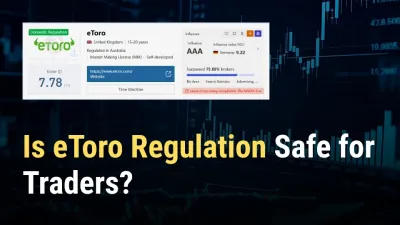Abstract:Market sentiment refers to the overall attitude of investors toward a particular security or financial market. It plays a crucial role in shaping market trends and influencing trading decisions. Understanding market sentiment can help traders anticipate price movements and make more informed choices.

Market sentiment refers to the overall attitude of investors toward a particular security or financial market. It plays a crucial role in shaping market trends and influencing trading decisions. Understanding market sentiment can help traders anticipate price movements and make more informed choices.
What Is Market Sentiment?
Market sentiment is often driven by news, economic indicators, earnings reports, and global events. It can be categorized as bullish (optimistic) or bearish (pessimistic). Bullish sentiment indicates confidence in rising prices, while bearish sentiment suggests expectations of declining prices.
The Role of Psychological Factors
Emotions such as fear and greed significantly impact market sentiment. During periods of optimism, traders may overlook risks and drive prices higher. Conversely, in times of uncertainty, fear can lead to panic selling, exacerbating market declines. Recognizing these psychological factors is essential for understanding market dynamics.

Tools for Gauging Market Sentiment
- Surveys and Indices: Tools like the Consumer Confidence Index (CCI) and the Fear & Greed Index provide insights into investor sentiment. These indices aggregate data to reflect the mood of the market.
- Social Media and News Analysis: Monitoring social media platforms and news outlets can help traders gauge public sentiment. Positive or negative trends in discussions can signal potential market movements.
- Technical Indicators: Some traders use sentiment indicators, such as the Commitment of Traders (COT) report, which provides insights into the positioning of different market participants.
Influence on Trading Decisions
Understanding market sentiment allows traders to align their strategies with prevailing market conditions. For instance:
- Contrarian Strategies: Traders may take positions against prevailing sentiment, buying when others are selling (and vice versa) to capitalize on potential reversals.
- Trend Following: Traders might choose to follow the prevailing sentiment, entering positions that align with the dominant trend to maximize gains.
Conclusion
Market sentiment is a powerful force in the financial markets, influencing trading decisions and price movements. By understanding and analyzing sentiment, traders can improve their decision-making processes, adapt their strategies, and enhance their chances of success in the ever-changing landscape of trading.











